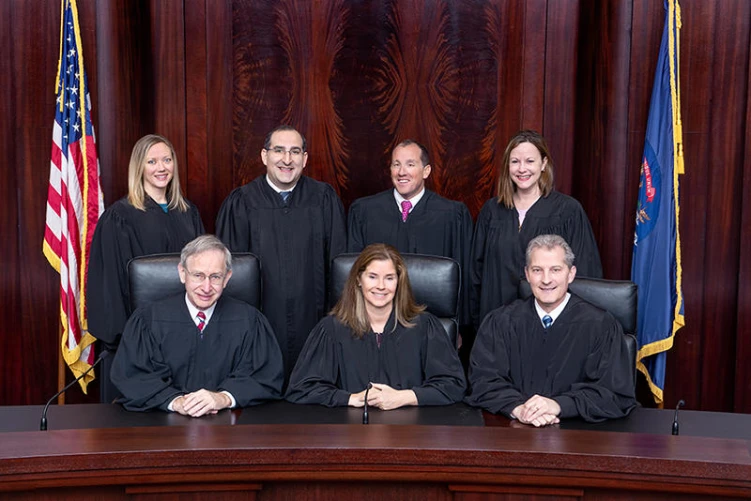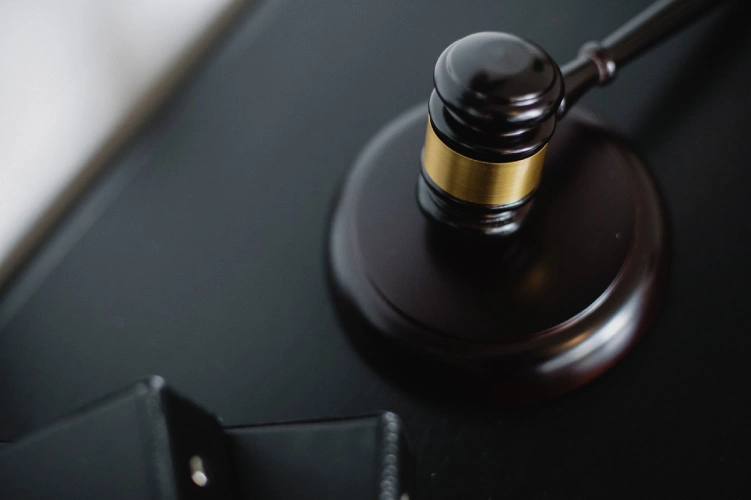Misdemeanor charges can be frightening and confusing. Understanding your rights and the potential consequences of a conviction is essential. It is also important to remember that a misdemeanor charge is still a criminal charge. You could be facing jail time if convicted. Be sure to take the charges against you seriously, and do not try to represent yourself in court.
This article will provide some tips to help you through the process.
Take the charges seriously and seek legal help.
When you are charged with a misdemeanor, it is crucial to take the charges seriously and seek legal help. A misdemeanor charge can have serious consequences, including fines, jail time, and a criminal record. It is vital to have an experienced criminal defense attorney on your side if you are charged with a misdemeanor. The legal professional can protect your rights and help you navigate the criminal justice system.
You should also understand the potential consequences of a conviction. A misdemeanor conviction can lead to a fine, jail time, probation, and a criminal record. A criminal record can make it challenging to get a job, rent an apartment, or obtain a professional license. You will also have a permanent record that can be seen by anyone who does the background check if you are convicted of a misdemeanor.
Given the potential consequences of a misdemeanor conviction, it is vital to work with your lawyer to explore your options and ensure that you make the best decisions for your future.
Educate yourself about the charges against you.
When facing any criminal charge, it is crucial to educate yourself about the specifics of the charge. This is especially true for misdemeanor charges, which can often seem minor but still have serious consequences. By understanding the specific charge against you and what penalties you could face, you can make informed decisions about your case and how to best protect your interests.
Some things to keep in mind when facing a misdemeanor charge include:
- The possible penalties. A misdemeanor charge can result in many penalties, from a simple fine to probation to even jail time. The specific penalty you could face will depend on the severity of the charge and your criminal history, among other factors.
- The impact on your life. A misdemeanor charge can significantly impact your life, even if you are ultimately found not guilty. For example, the charges can show up on a background check, making it challenging to get a job or rent an apartment.
- The potential consequences of a conviction. A misdemeanor conviction can result in collateral consequences, such as losing your right to vote or own a firearm.
When facing a misdemeanor charge, it is important to consider all of these factors. Understanding the potential penalties and consequences allows you to make informed decisions about your case and how to best protect your interests.
Remember that a misdemeanor charge is still a criminal charge.

Since a misdemeanor is a criminal charge, you could face jail time, probation, and/or a fine. A misdemeanor charge is also a matter of public record, which can impact your ability to find employment or housing.
You must consider all of your options if you are facing a misdemeanor charge. You may consider pleading guilty if the evidence against you is strong or if you are facing a light sentence. However, you may want to fight the charges if you are innocent or facing a more serious sentence.
If you choose to represent yourself, make sure you are familiar with the law and the court process. You may also want to consider hiring a lawyer to represent you.
Some common misdemeanor charges include:
- Petty theft
- Public intoxication
- Disorderly conduct
- Reckless driving
- Simple assault
- Drug possession
Gather evidence to support your case.
When you are facing a misdemeanor charge, it is important to gather evidence to support your case. This evidence can help prove your innocence or mitigate the consequences of a guilty verdict. The best way to gather evidence is to compile all of the relevant facts and figures and organize them into a cohesive narrative. You may also want to consider consulting with a legal professional to get their opinion on your case.
Cooperate with law enforcement officers and prosecutors.
If you are arrested or charged with a misdemeanor, it is important to cooperate with law enforcement officers and prosecutors. This means being polite and respectful, providing accurate information, and not trying to hide anything or make excuses. It is also important to remember that you have the right to remain silent and the right to an attorney. If you exercise these rights, it may make it more difficult for the prosecutor to prove your guilt beyond a reasonable doubt.
When facing any criminal charge, it is important to be as informed as possible about the possible penalties and consequences. By understanding the specific charge against you and what penalties you could face, you can make informed decisions about your case and how to best protect your interests.



